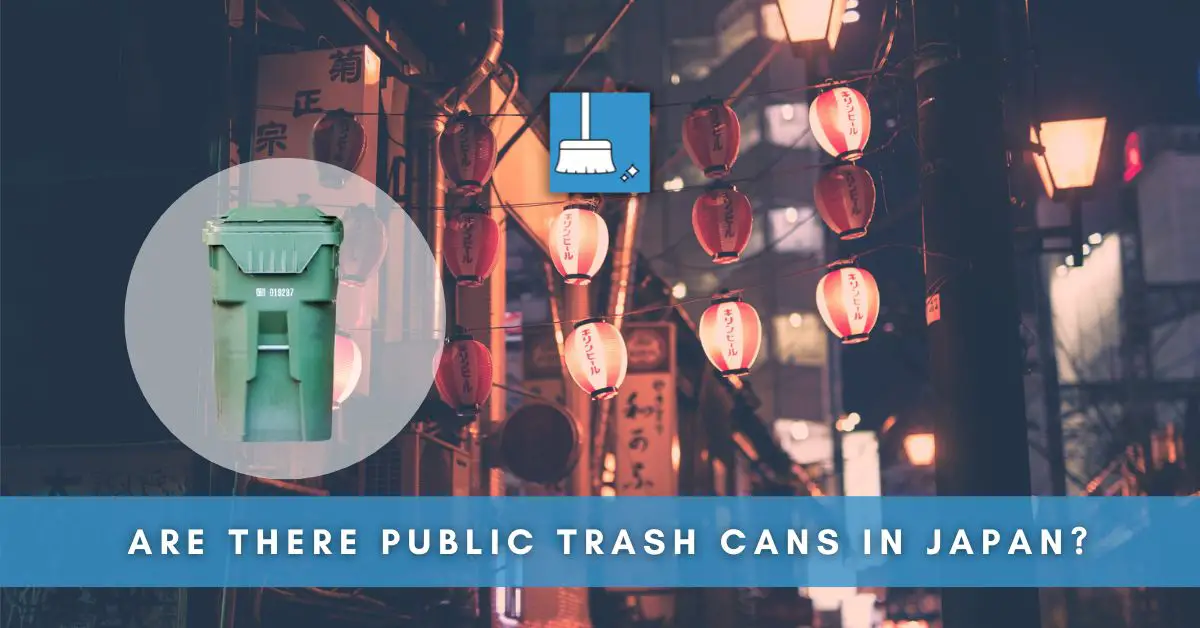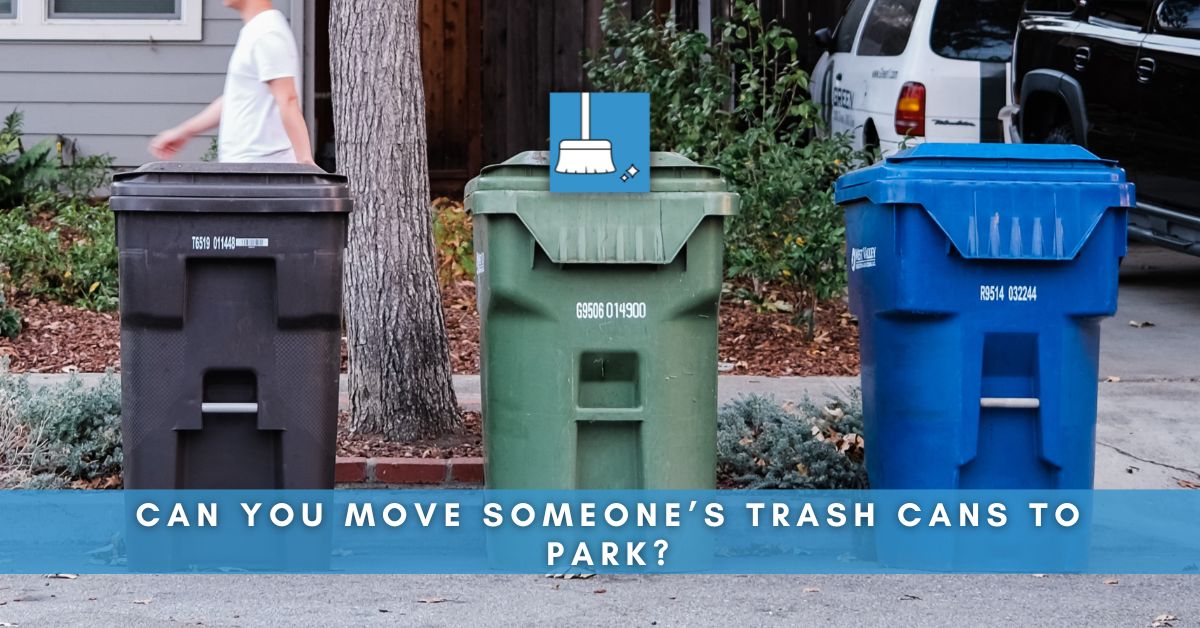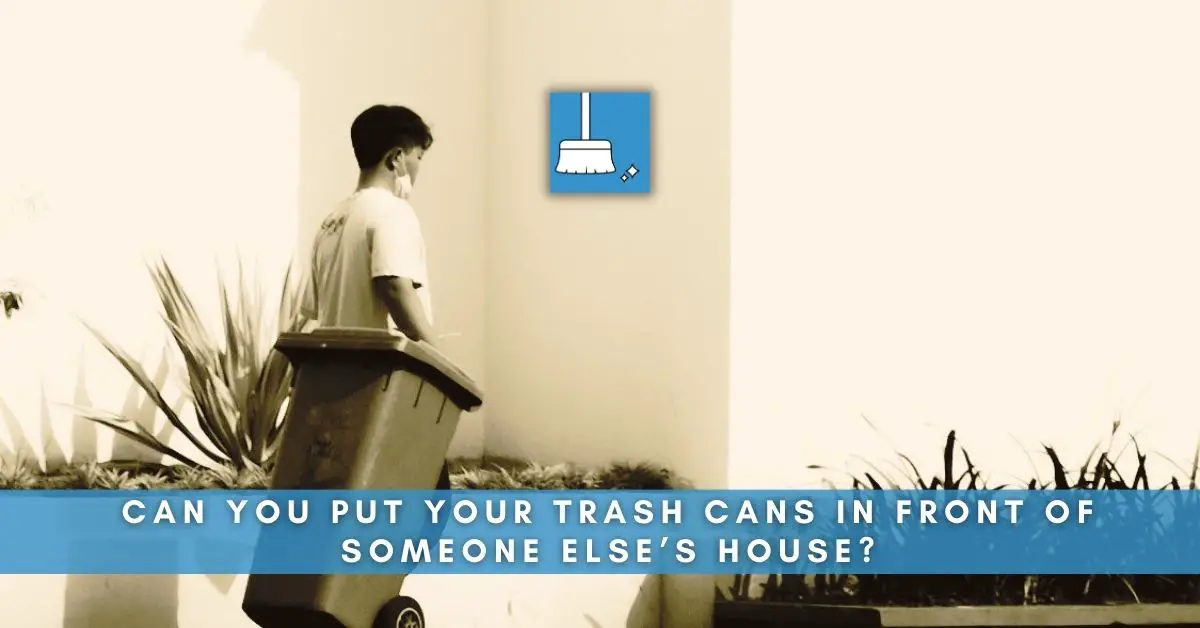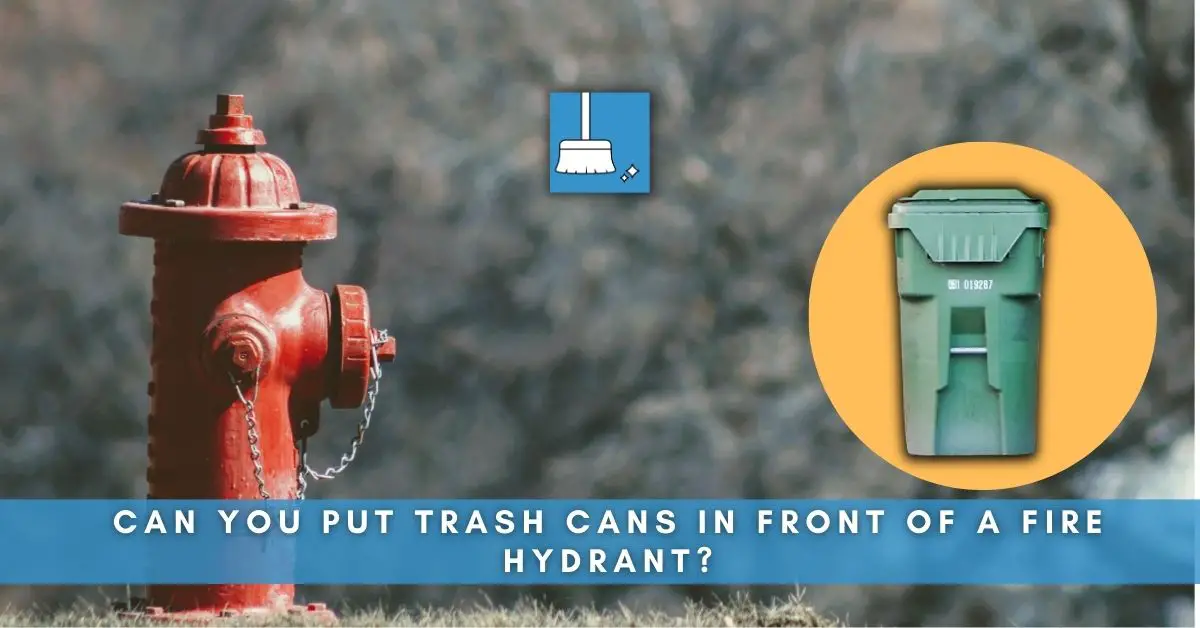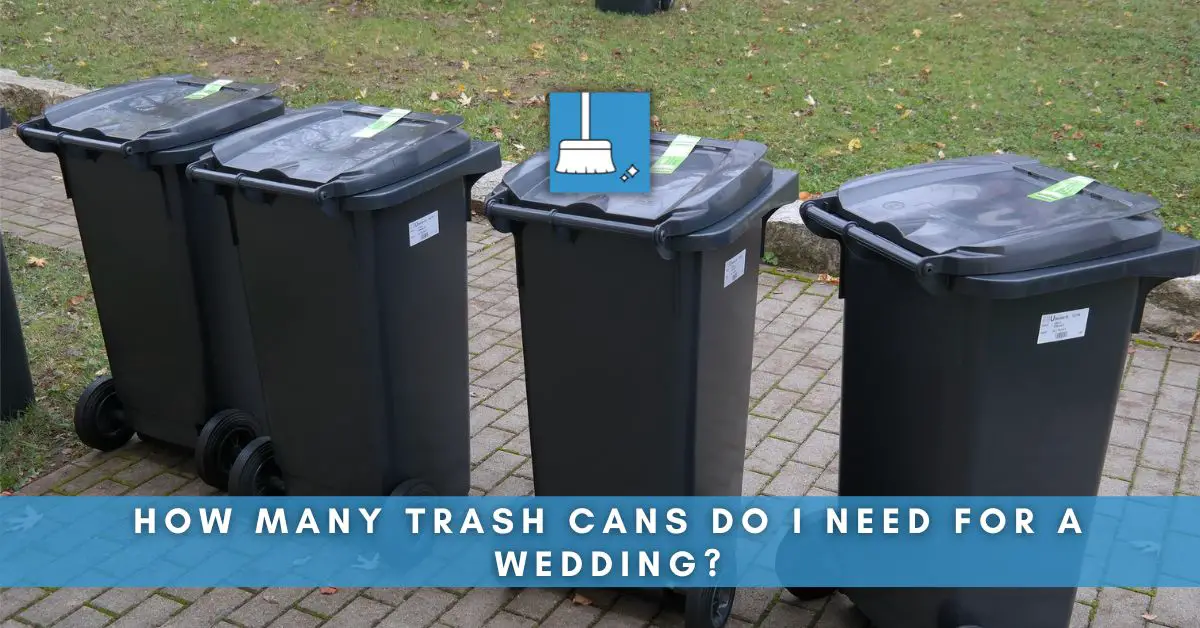Did you find yourself strolling through the picturesque streets of Japan, mesmerized by the vibrant colors and bustling energy, only to suddenly realize that you’re holding onto an empty bento box or a crumpled up receipt for hours? You’re not alone, and you’ve probably asked yourself – where on earth are all the public trash cans?
Japan’s Lack of Trash Cans: A Culture Shock for Tourists!
One of the first things tourists often notice when visiting Japan is the surprising lack of public trash cans.
This cultural difference may leave many visitors perplexed, wondering how cities like Tokyo can remain so clean despite the minimal waste disposal options.
Japanese have strict waste disposal rules, with citizens often carrying their trash with them until they find a suitable place to dispose of it.
In 1995, trash cans were removed from public spaces in Japan, especially train stations, in an effort to prevent future terrorist attacks.
Since then, Tokyo has maintained its minimalistic approach to public waste disposal.
The absence of public trash cans is not only due to security concerns, but also to encourage responsible waste disposal habits among the population.
To find a trash can, tourists may need to explore train stations, parks, or even convenience stores, remembering that proper waste separation is crucial! [1]
The 1995 Sarin Gas Attack (The Reason Behind Trash Can Removal)
Sarin Gas Attack was a coordinated terrorist event, the attack was carried out by a doomsday cult called Aum Shinrikyo, who planted the deadly sarin gas in trash cans throughout Tokyo’s subway system.
The incident resulted in 12 fatalities and exposed over 1,000 people to the toxic substance.
To ease public fears in the aftermath of the tragedy, trash cans were removed from public spaces, especially around transit areas.
Since then, Japan has not returned to its previous trash can distribution, with many public areas still lacking garbage bins even after more than 25 years since the attacks. [2]
Where Can You Throw Away Your Trash in Japan?
In Japan, public trash cans can be quite rare, but the country is still known for its cleanliness.
With a little bit of patience and awareness, visitors can still find appropriate places to dispose of their trash while enjoying the famously clean streets of Japan.
One popular place to find trash bins is near vending machines, where designated cans are provided for bottles and cans.
Train stations usually have garbage bins, either in front of ticket gates or on platforms.
Additionally, parks and convenience stores like 7-Eleven often have garbage cans available.
Just remember that convenience store bins are meant for customer use, so be respectful and consider making a purchase before disposing of your trash. [3]
Convenience Stores and their Association with Garbage Cans in Japan
Convenience stores, known as “konbini” in Japan, are popular spots for finding garbage cans. Many konbini initially placed their garbage cans outside the store for public use; however, this led to some issues.
Due to non-customers disposing their trash in these bins and causing overcrowding, most stores have moved their garbage cans inside.
As a result, these bins are now considered non-public, meaning that it is best to purchase something from the store before using their garbage can.
Why is Japan so Clean Despite the Lack of Public Trash Cans?
Japan is renowned for its cleanliness despite the noticeable lack of public trash cans. This remarkable phenomenon can be attributed to the strict rules and manners surrounding waste disposal in the country.
1- Japanese people often carry their garbage around until they find a suitable place to dispose of it, which may be at train stations or beside vending machines designated for recyclables.
2- Japanese culture places a strong emphasis on preserving the environment and maintaining public spaces.
3- With a strong emphasis on separating waste into categories such as combustibles, incombustibles, cans, glass bottles, and plastics, the Japanese are very diligent about their recycling process.

